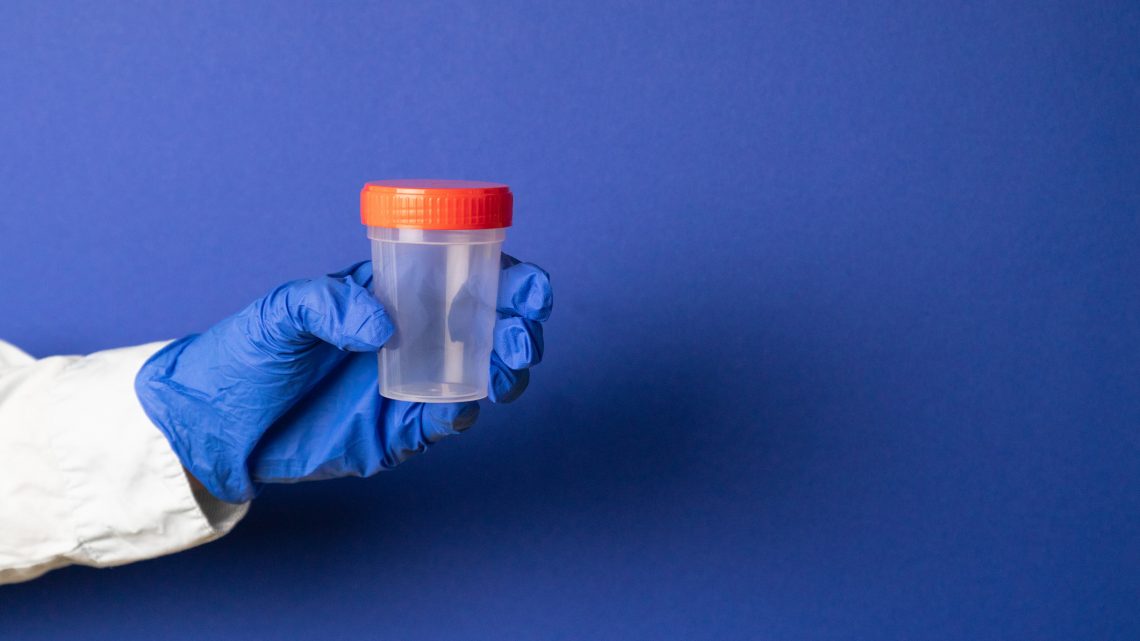
Ethicists Argue for Solving the UK’s Cum Shortage With Dead People’s Sperm
January 21, 2020OK, everyone, let’s be mature about this. We’re all adults here, right? And we’re talking about a serious issue, the issue being that, uh… Britain needs cum.
The United Kingdom is besieged by an ongoing donor sperm shortage. According to government data, this shortage has prompted Britain to import 4,000 samples every year, 3,000 of which have come from Denmark alone.
“That’s a lot of Danish cum,” I just whispered aloud to myself—perhaps for the first and only time in my life.
With the ongoing shortage failing to meet the needs of British couples unable to have biological children any other way, researchers are looking into other possible solutions. One idea is posthumous sperm donation, the ethics of which are explored in a review published by the Journal of Medical Ethics on Tuesday.
In case you don’t know what posthumous sperm donation is, it’s a fancy name for “getting cum from a dead guy.” It’s done by either harvesting the material surgically or stimulating the prostate gland with an electric probe. This might sound intense, but, ethically, it's not all that different from posthumous organ donation—at least, that’s the case that Nathan Hodson of Leicester University and Joshua Parker of Wythenshawe Hospital made in their Journal of Medical Ethics review.
“If it is morally acceptable that individuals can donate their tissues to relieve the suffering of others in ‘life enhancing transplants’ for diseases,” Hodson and Parker told Reuters, “we see no reason why this cannot be extended to other forms of suffering, like infertility.”
Presumably, a person would opt into posthumous sperm donation the same way they would register for posthumous organ and tissue donation, which in the U.K. can be done through the National Health Service’s website. Still, despite the ethicists' points of view that this is a straightforward issue, there are a number of complex questions left unaddressed that seem unique to posthumous sperm donation. The deceased donor’s biological relatives might want access to their descendants, which could pose complications for everyone involved. There are also what information about the donor the prospective parents and, eventually, the children of deceased donors should have access to: All sperm donors in the U.K. are registered through the NHS, so accessing a deceased biological parent's medical records from the time they opted in as a donor wouldn’t necessarily be a problem, but it's uncertain how the records would be kept up to date or the degree to which children born from donated material would be able to learn more about their biological parent’s family medical history.
There are truly very many deep questions to consider in all of this—it’s a line of inquiry most deserving of our utmost attention, I think we can agree. Thank you for your time, and, in closing, I ask you to remember a few words on why we plumb these ethical mysteries to begin with: cum shortage.
Sign up for our newsletter to get the best of VICE delivered to your inbox daily.
Follow Harron Walker on Twitter .


